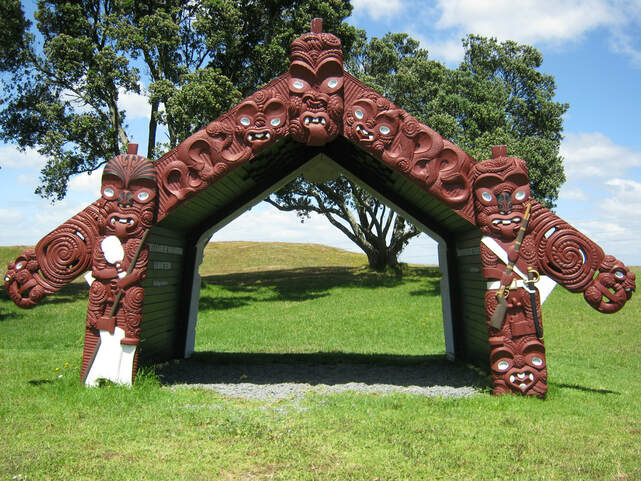|
When Ōtorohanga College pupils petitioned Parliament in 2015, calling for a national day of commemoration for the New Zealand Wars, they sparked a vital debate about memory, identity and history that goes to the heart of our study. How do New Zealanders remember and forget difficult events in the colonial past? Why are some conflicts publicly remembered while others are forgotten or overlooked? And who decides?
Our project traces shifting historical perspectives of the New Zealand Wars, a series of devastating nineteenth-century clashes involving Māori and the Crown. It investigates how different groups have commemorated these conflicts over time and how memory and silence about this difficult past permeates people’s everyday lives in the present. The study takes us directly into some of the tribal communities at the epicentre of large-scale military invasions in the 1860s. Using innovative historical and ethnographic methods, we will investigate how these events are remembered and the way this has shaped the modern New Zealand nation. The research is significant because the narratives remain contested, and for some groups even buried, highlighting the need for reconciliation grounded in deeper dialogue and understanding— a call that is echoed by growing numbers of young New Zealanders. |


